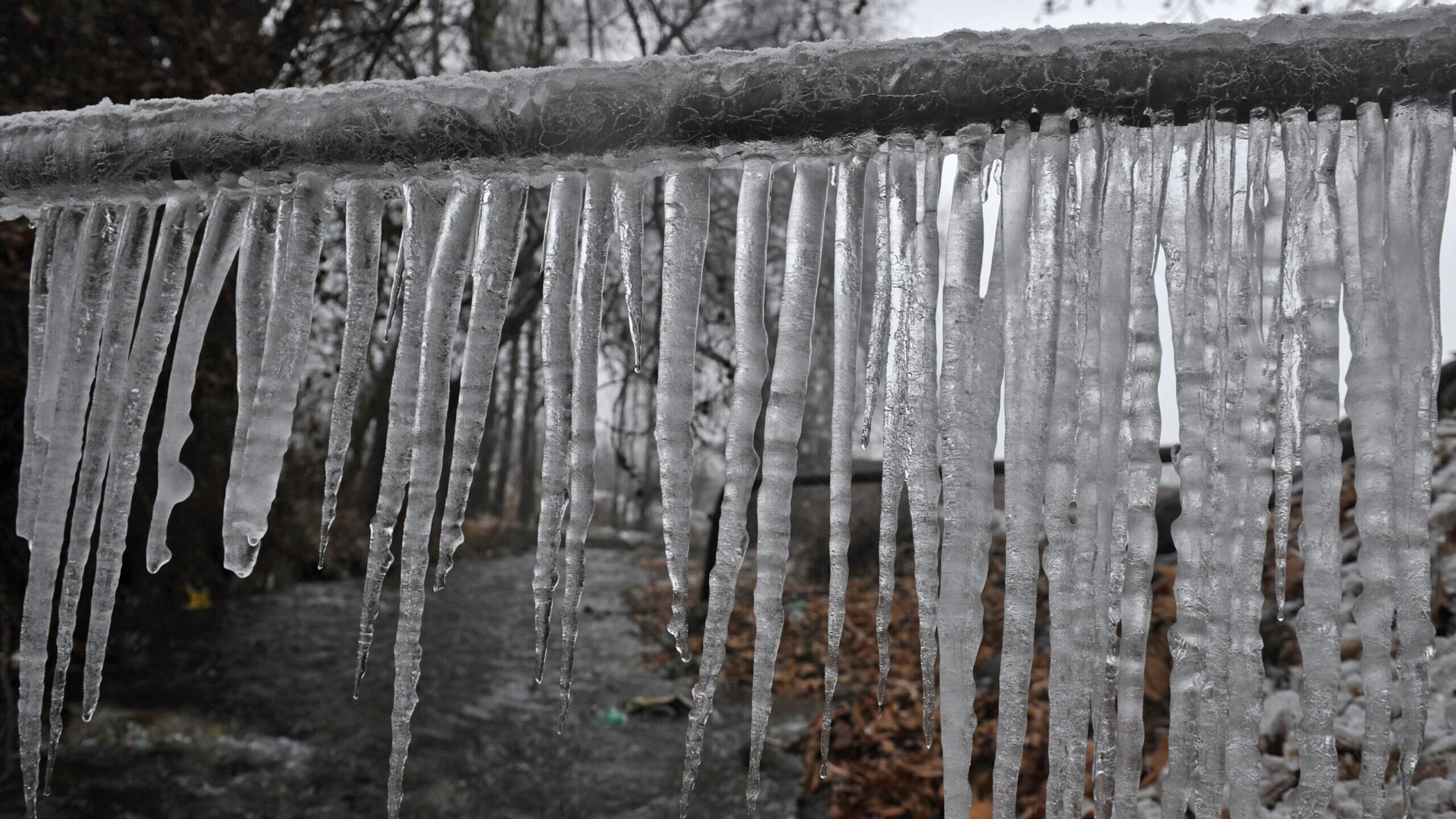Avoiding Pipes from Cold Weather: Effective Methods
Avoiding Pipes from Cold Weather: Effective Methods
Blog Article
Right here on the next paragraphs you can locate more amazing advice in relation to How to prepare your home plumbing for winter weather.

Winter can ruin your pipes, specifically by freezing pipelines. Right here's exactly how to prevent it from taking place and what to do if it does.
Intro
As temperature levels drop, the risk of frozen pipes boosts, potentially causing pricey fixings and water damages. Recognizing just how to stop icy pipelines is critical for home owners in cold environments.
Recognizing Frozen Pipelines
What causes pipelines to ice up?
Pipelines freeze when revealed to temperature levels below 32 ° F (0 ° C) for prolonged durations. As water inside the pipes freezes, it broadens, taxing the pipe wall surfaces and possibly causing them to burst.
Risks and damages
Frozen pipes can result in supply of water disruptions, home damage, and costly repair work. Ruptured pipelines can flood homes and trigger substantial architectural damage.
Signs of Frozen Water Lines
Recognizing frozen pipes early can stop them from breaking.
Exactly how to identify frozen pipelines
Look for reduced water circulation from faucets, unusual smells or sounds from pipes, and visible frost on revealed pipelines.
Prevention Tips
Protecting vulnerable pipes
Wrap pipelines in insulation sleeves or make use of heat tape to secure them from freezing temperature levels. Concentrate on pipelines in unheated or external areas of the home.
Home heating methods
Maintain indoor rooms sufficiently heated, especially areas with pipes. Open up cupboard doors to allow cozy air to flow around pipelines under sinks.
Protecting Outside Plumbing
Garden hose pipes and outdoor faucets
Separate and drain yard hoses before winter months. Mount frost-proof spigots or cover outdoor faucets with protected caps.
What to Do If Your Pipes Freeze
Immediate actions to take
If you presume icy pipelines, maintain faucets available to soothe stress as the ice thaws. Utilize a hairdryer or towels taken in hot water to thaw pipes slowly.
Long-Term Solutions
Architectural changes
Take into consideration rerouting pipelines away from exterior wall surfaces or unheated areas. Add added insulation to attic rooms, basements, and crawl spaces.
Updating insulation
Buy high-grade insulation for pipelines, attic rooms, and wall surfaces. Proper insulation assists preserve regular temperature levels and reduces the danger of frozen pipes.
Verdict
Protecting against icy pipes calls for positive measures and fast actions. By understanding the reasons, indications, and safety nets, property owners can protect their pipes throughout cold weather.
Helpful Tips to Prevent Frozen Pipes this Winter
UNDERSTANDING THE BASICS: WHY PIPES FREEZE AND WHY IT’S A PROBLEM
Water freezing inside pipes is common during the winter months, but understanding why pipes freeze, and the potential problems it can cause is crucial in preventing such incidents. This section will delve into the basics of why pipes freeze and the associated problems that may arise.
THE SCIENCE BEHIND FROZEN PIPES
When water reaches freezing temperatures, it undergoes a physical transformation and solidifies into ice. This expansion of water as it freezes is the primary reason pipes can burst. As the water inside the pipe freezes, it expands, creating immense pressure on the walls. If the pressure becomes too great, the pipe can crack or rupture, leading to leaks and water damage.
FACTORS THAT CONTRIBUTE TO PIPE FREEZING
Low Temperatures: Extremely cold weather, especially below freezing, increases the risk of pipes freezing. Uninsulated or Poorly Insulated Pipes: Pipes located in unheated areas, such as basements, crawl spaces, or attics, are more prone to freezing. Insufficient insulation or lack of insulation altogether exacerbates the problem. Exterior Wall Exposure: Pipes running along exterior walls are susceptible to freezing as they encounter colder temperatures outside. Lack of Heating or Temperature Regulation: Inadequate heating or inconsistent temperature control in your home can contribute to frozen pipes. PROBLEMS CAUSED BY FROZEN PIPES
- Pipe Bursting: As mentioned earlier, the expansion of water as it freezes can cause pipes to burst, resulting in significant water damage.
- Water Damage: When pipes burst, it can lead to flooding and water damage to your property, including walls, ceilings, flooring, and personal belongings.
- Structural Damage: Prolonged exposure to water from burst pipes can compromise the structural integrity of your home, leading to costly repairs.
- Mold and Mildew Growth: Excess moisture from water damage can create a favorable environment for mold and mildew growth, posing health risks to occupants.
- Disrupted Water Supply: Frozen pipes can also result in a complete or partial loss of water supply until the issue is resolved.
WHY CERTAIN PIPES ARE MORE PRONE TO FREEZING
- Location: Pipes located in unheated or poorly insulated areas, such as basements, crawl spaces, attics, or exterior walls, are at higher risk of freezing.
- Exterior Pipes: Outdoor pipes, such as those used for irrigation or exposed plumbing, are particularly vulnerable to freezing as they are directly exposed to the elements.
- Supply Lines: Pipes that carry water from the main water supply into your home, including the main water line, are critical to protect as freezing in these lines can affect your entire plumbing system.
- Underground Pipes: Pipes buried underground, such as those connected to sprinkler systems or outdoor faucets, can be susceptible to freezing if not properly insulated.
https://busybusy.com/blog/helpful-tips-to-prevent-frozen-pipes-this-winter/

Hopefully you enjoyed reading our excerpt about How To Avoid Freezing Pipes. Thank you so much for finding the time to read through our piece. In case you appreciated our blog posting please consider to pass it around. Thank you for going through it.
Book Services Report this page